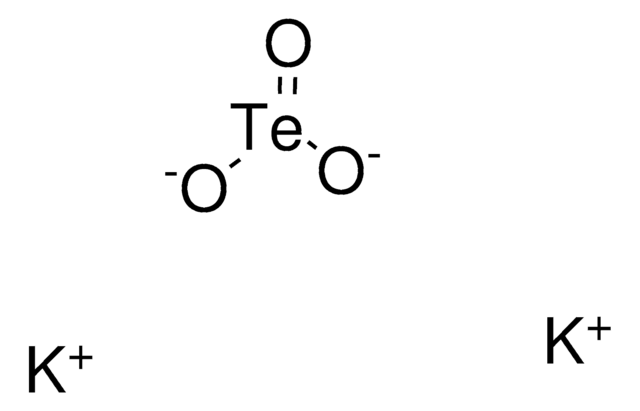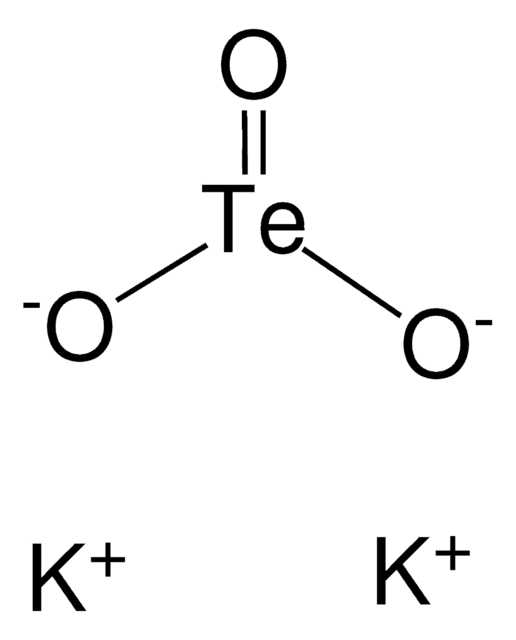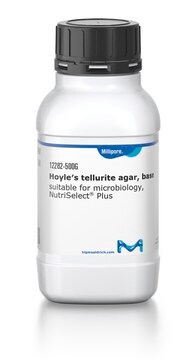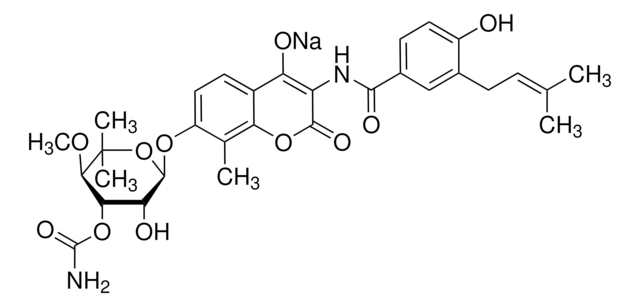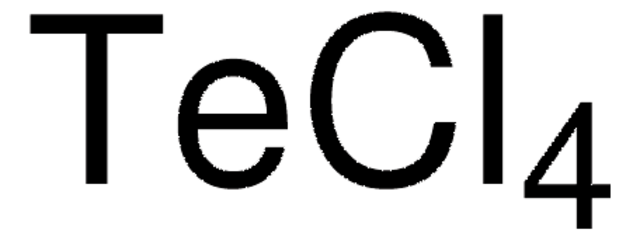P0677
Potassium tellurite
≥90%
Synonym(s):
Dipotassium tellurite, Potassium tellurate, Potassium tellurium oxide
About This Item
Recommended Products
Quality Level
assay
≥90%
form
powder
SMILES string
O=[Te](O)O
InChI
1S/H2O3Te/c1-4(2)3/h(H2,1,2,3)
InChI key
SITVSCPRJNYAGV-UHFFFAOYSA-N
Looking for similar products? Visit Product Comparison Guide
General description
Application
signalword
Danger
hcodes
Hazard Classifications
Acute Tox. 3 Oral - Eye Irrit. 2 - Skin Irrit. 2 - STOT SE 3
target_organs
Respiratory system
Storage Class
6.1D - Non-combustible acute toxic Cat.3 / toxic hazardous materials or hazardous materials causing chronic effects
wgk_germany
WGK 3
flash_point_f
Not applicable
flash_point_c
Not applicable
ppe
Eyeshields, Faceshields, Gloves, type P2 (EN 143) respirator cartridges
Choose from one of the most recent versions:
Already Own This Product?
Find documentation for the products that you have recently purchased in the Document Library.
Customers Also Viewed
Our team of scientists has experience in all areas of research including Life Science, Material Science, Chemical Synthesis, Chromatography, Analytical and many others.
Contact Technical Service